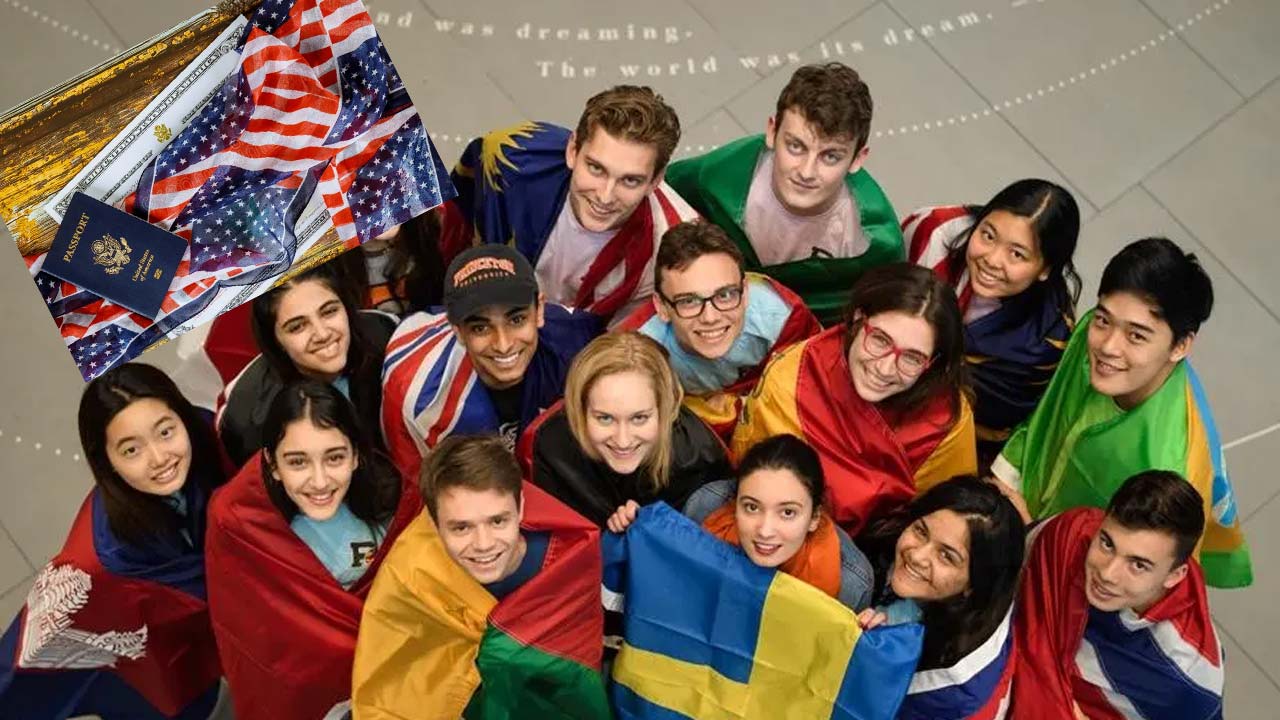
Following Donald Trump's win in the US presidential elections, concerns are rising about the impact on international students and employees. Trump's campaign focused heavily on immigration, and he has vowed to overhaul immigration policies. Notably, a strong critic of immigration has been appointed as the head of the relevant department. In response, US universities and colleges are on high alert, issuing travel advisories for international students, researchers, and faculty members who have secured admission.
For those with re-entry visas currently outside the US during the winter break, it is advised they return before Trump officially assumes office on January 20. Northeastern University, for example, has informed students to return by January 6, ahead of the spring semester. Institutions like Massachusetts, Wesleyan, and Middletown have sent similar messages to their international students, faculty, and visiting scholars. These warnings stem from concerns over potential stricter immigration policies that Trump may enforce after taking office for his second term.
When Trump first took office in January 2017, his administration quickly imposed restrictions on international students, including a temporary travel ban for citizens of seven predominantly Muslim countries, such as Iran. Entry regulations were also tightened, causing delays for many international students. Learning from the experience of those earlier restrictions, universities are taking proactive measures this time around. However, they have refrained from speculating on whether the Trump administration will reintroduce such measures.
Wesleyan University's International Student Affairs Office has notified students to return by January 19 if they have been outside the US during the winter break. As Trump's inauguration approaches, international students are feeling significant anxiety and pressure. University representatives have indicated that changes may be implemented for travel during this period to mitigate potential issues





















